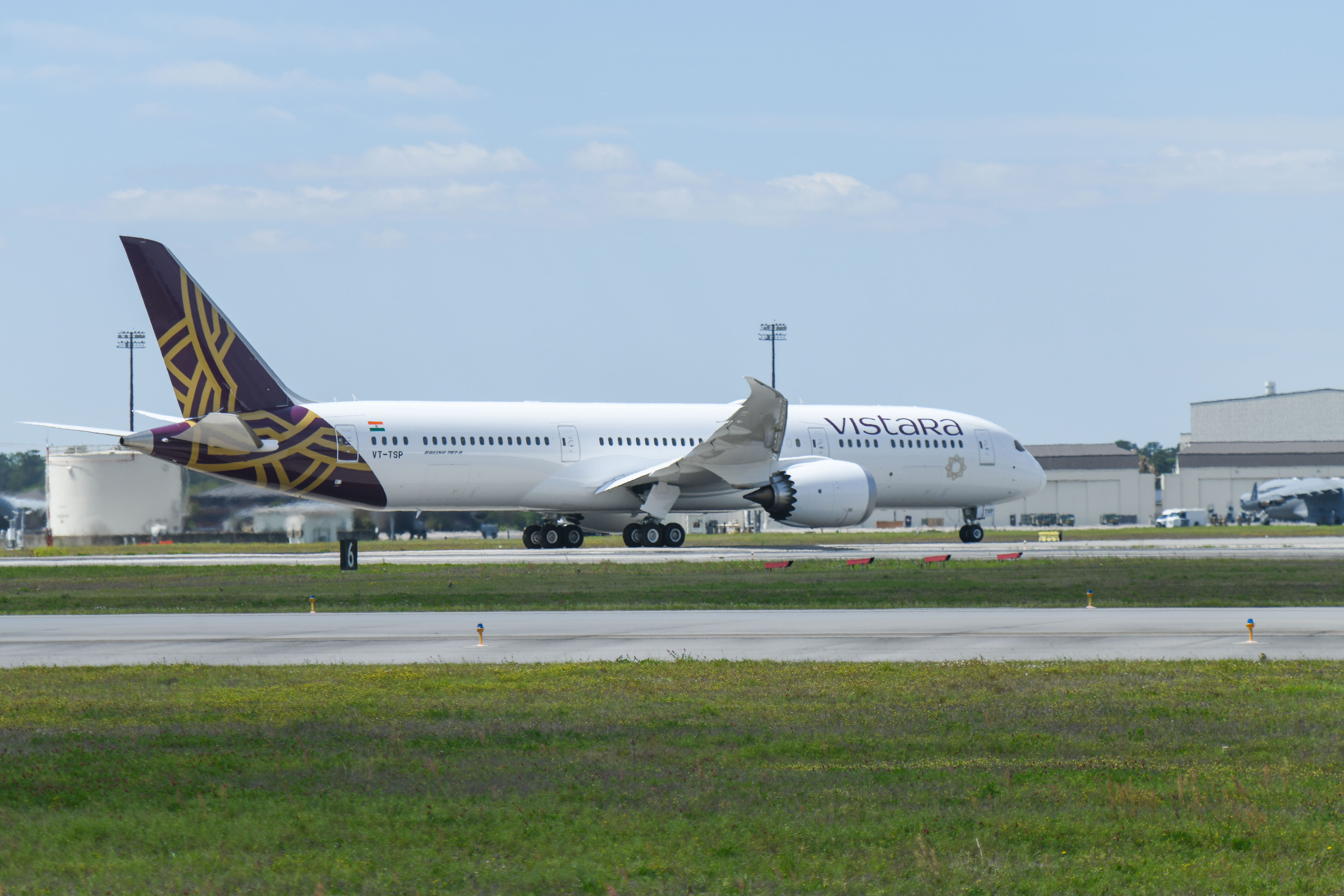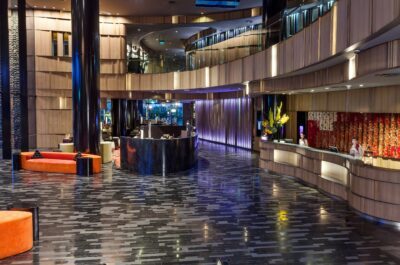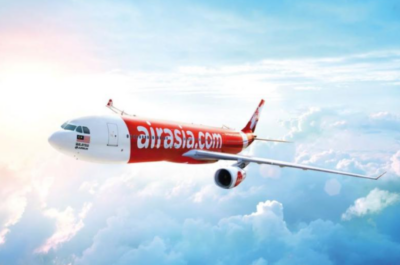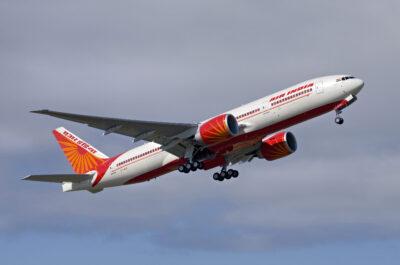Amadeus, a leading transaction processer and provider of advanced technology solutions for the global travel and tourism industry, has predicted that South Korea will be a market to watch in 2012 for both inbound and outbound travel growth…

Amadeus, a leading transaction processer and provider of advanced technology solutions for the global travel and tourism industry, has predicted that South Korea will be a market to watch in 2012 for both inbound and outbound travel growth.
According to the Korea Tourism Organization (KTO), Korea has already registered a record number of visitor arrivals for 2011. As of 1 December 2011, Korea had recorded more than nine million visitor arrivals, already exceeding 2010 arrivals of eight million.
This growth can be attributed to growth in visitor numbers from mainland China, which have increased by seventeen percent this year to exceed two million for the first time.
David Brett, President of Amadeus Asia Pacific, said that South Korea is making significant advancements in its travel infrastructure, which is helping to drive growth in the travel sector.
“South Korean travel, both inbound and outbound, has experienced significant growth in recent years,” said Brett. “I believe Korea will be a market to watch in 2012. While it may not yet rival markets such as China and India in terms of travel volumes, it is certainly making some major leaps forward and should continue to do so in 2012, despite global economic concerns.”
According to Amadeus, there are four key drivers of South Korea’s travel industry growth:
1. Rise in popularity of Korean culture
South Korea has attracted a growing number of international visitors in recent years due to a growing appreciation for Korean culture, fashion, music and food. This phenomenon is known as the “Korean Wave”, or “Hallyu”. “K-pop” (Korean music) is a major contributor to this trend; a June 2011 concert in Paris by a group of K-pop artists sold out in less than 15 minutes and mobs of fans rallied to demand additional shows.2 The Korea Creative Content Agency predicted that export earnings from Korean content such as TV dramas, music and games would reach US$3.8 billion in 2011, a 14% increase over last year.
2. Improvements in domestic transport infrastructure
More services on the Korea Train Express (KTX) and new bus transit systems have made domestic travel easier and more affordable for South Koreans and foreign visitors. These transport improvements also help to make travel to and from airports more convenient. At the beginning of 2011, a direct rail link was opened to transport travellers from Incheon International Airport straight to downtown Seoul. The South Korean government also unveiled plans to invest US$15 billion to upgrade railway systems over the next ten years, to reduce travel time between almost any two South Korean cities to less than 90 minutes.
For bus commuters in Seoul, new smartphone technology at bus stations allows them to scan a barcode for instant information on departure times in English, Chinese or Japanese.
3. Expansion of Low Cost Carrier market
Local and international Low Cost Carriers (LCC) have expanded their routes to include more South Korean arrivals and departures, and new entrants are forcing more competitive pricing. Domestic LCC carriers in 2010 grew by 42% in 2010, while growth for full service carriers for the same period was flat5. The combination of more flights at cheaper prices is encouraging more budget-conscious travellers to book flights, both to and from South Korea.
4. Technology advancements
South Korea is known worldwide as a high-tech hub, and the travel industry should be no exception. The advanced technology at Seoul’s Incheon Airport has already helped to secure its place as one of the world’s best, with the airport ranking third in the 2011 World Airport Awards. And other players in the travel industry are following suit, with Korean Air and Asiana signing agreements this year to upgrade their Passenger Service Systems to Amadeus’ Altea solution, joining Jin Air who already operates on the system. This will help Korea’s national airlines to reduce waiting times and deliver more personalised service for their passengers.
TOPAS, the leading provider of advanced technology solutions for Korean travel agencies, is also working with Amadeus to develop a next-generation technology system for travel professionals. Once migration is complete in early 2014, this new system will provide the highest levels of content and functionality available in the market.
“South Korea has taken major steps forward in terms of upgrading its travel infrastructure in recent years, and the next few years look even more exciting,” said Brett. “Modern airports, improved road and rail connectivity, and new technology will all contribute to growth in terms of South Korean domestic and outbound travel, as well as creating a better travel experience for foreign visitors.”
Theodore is the Co-Founder and Managing Editor of TravelDailyNews Media Network; his responsibilities include business development and planning for TravelDailyNews long-term opportunities.













































































